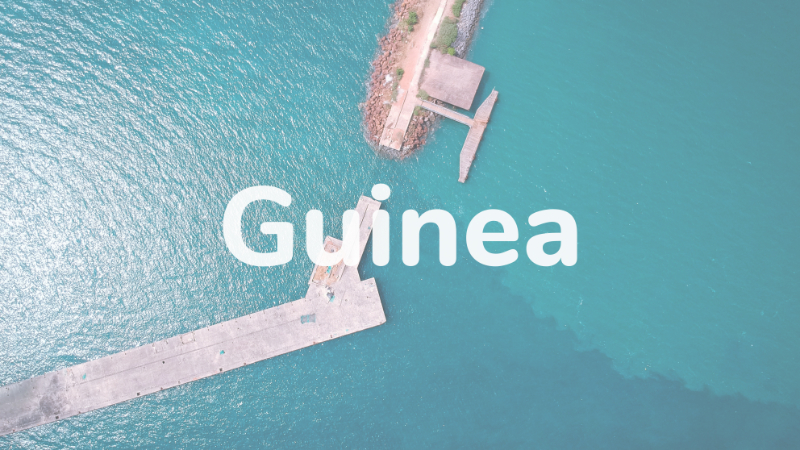-
The Open Source Initiative (OSI) - OSI is a non-profit organization that promotes open-source software and related ideas. Their website has a lot of information about open-source software and related topics.
-
The Open Source Software Association (OSSA) - OSSA is a group of developers and enthusiasts who work to promote the use of open-source software in Guatemala. Their website has a lot of resources and information about open-source software.
-
Meetup Groups - There are several Meetup groups in Guatemala that focus on open-source software, such as the Open Source Community Guatemala and the Joomla! Users Group Guatemala. These groups often have events and discussions that are a great way to learn more about open-source software.
-
Hackathons - Hackathons are events where developers come together to work on open-source software projects. These events can be a great way to learn about open-source software and meet other developers.
Some notable technologists from Guatemala throughout history include:
-
Carlos Mejía - Carlos Mejía is a computer engineer and entrepreneur who is known for founding several successful tech companies in Guatemala.
-
Luis von Ahn - Luis von Ahn is a computer scientist who is known for developing the CAPTCHA system and the language-learning platform Duolingo.
-
Lorena Ancona - Lorena Ancona is a computer scientist who is known for her work in the field of artificial intelligence and natural language processing.
-
Victor Lemus - Victor Lemus is a software developer who is known for his work on several open-source projects, including the Symfony PHP framework.
-
Mario Estrada - Mario Estrada is a software developer who is known for his work on the OpenBTS project, which is an open-source software implementation of a GSM cellular network.
Claim this Dojo

